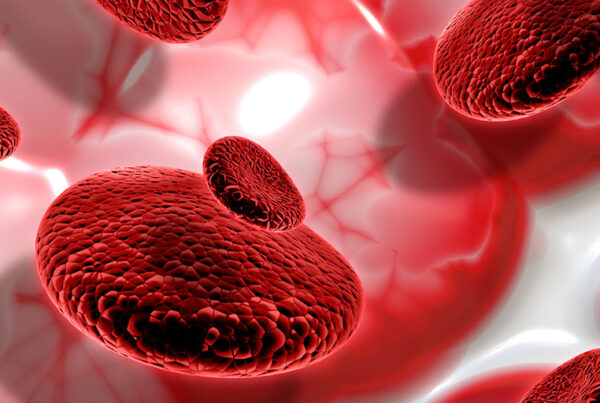Eggs are one of the most common foods to trigger allergic symptoms in babies and young children. Most children with an egg allergy will start to outgrow it by the time they go to school but in some it will persist into later childhood or in rare cases, adulthood. Egg allergy can occasionally develop in adult life.
Reactions to egg are usually triggered by the protein part of the egg (mainly in the egg white). Babies who have eczema are at an increased likelihood of developing an egg allergy. Having another type of food allergy for example to cow’s milk or a family history of allergy (atopy) also increases the risk.
Egg Allergy symptoms
Allergic reactions to egg can be mild, moderate or severe (anaphylaxis). There are certain things that affect how severe an allergic reaction may be, including the amount of egg eaten, and how well the egg was cooked.
Egg does not have to be eaten to cause an allergic reaction, coming into contact with eggshells or touching (raw) egg can cause allergic symptoms usually affecting just the skin in highly sensitive individuals.
Most reactions to egg are mild and symptoms are seen soon after eating egg or foods containing egg. Babies will often show reluctance or refuse to eat the egg. If egg comes into contact with the skin around the mouth it can cause a local reaction which is seen as a rash and may include redness and raised red bumps that are called hives.
Other allergic symptoms affecting the skin include swelling to the lips, eyes and face. The stomach may also be affected and vomiting is common as well as stomach ache/cramps and loose stools (diarrhoea). Egg allergy can also cause eczema flares. Severe (anaphylaxis) allergic reactions to egg are less common but possible and affect the breathing and may be seen as a cough, noisy breathing (wheeze) and circulation which results in them becoming pale and floppy babies and small children) or older children and adults who feel dizzy and may lose consciousness. Severe allergic reactions are a medical emergency, and an ambulance should be called immediately. More information on anaphylaxis can be found in the following factsheet: Anaphylaxis and Severe allergic reactions.
https://www.mayoclinic.org/diseases-conditions/egg-allergy/symptoms-causes/




